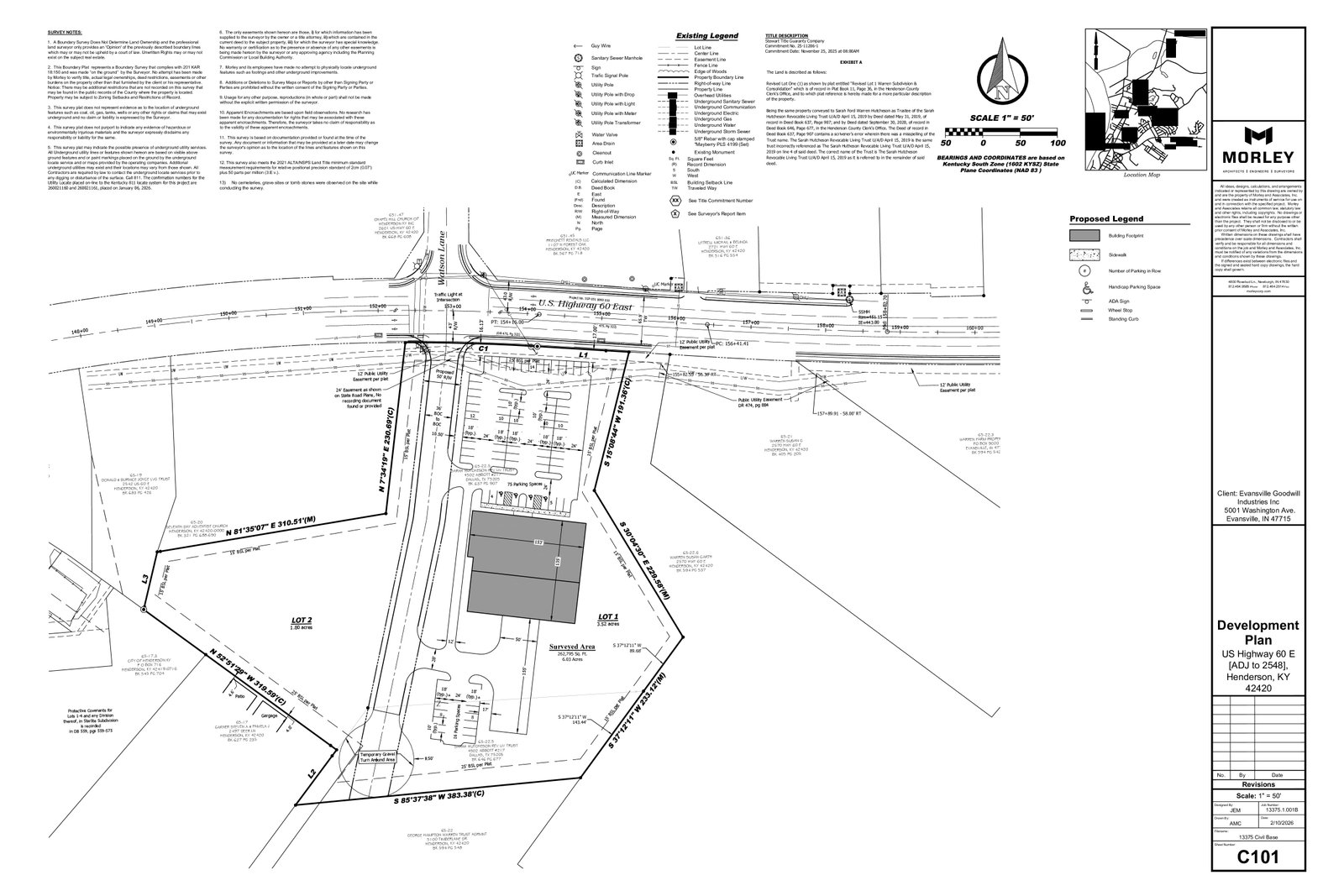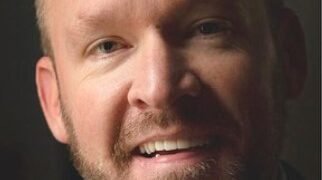No date set but officials say it could take weeks to find experts to speak
The Henderson County Fiscal Court agreed Tuesday that public hearings regarding wind turbines should begin soon.
Initial public hearings will be held at Henderson City-County Planning Commission meetings. A date for a hearing has not yet been set and would need to be determined by planning commission officials, said Henderson County Judge-Executive Brad Schneider.
Additionally, the fiscal court is considering a temporary resolution that would temporarily prohibit any company filing applications for wind turbines permits.
The time frame proposed during the meeting was a prohibition that would last until July 1, 2026, but that has not yet been finalized.
The legality of such a resolution, or if a text amendment to the current code of ordinances restricting applications would need to be approved, will need to be determined before the next fiscal court meeting, County Attorney Steve Gold told the Hendersonian. The next scheduled meeting is 9:30 a.m. July 22.
These points were at the center of a discussion that began when Magistrate Taylor Tompkins suggested the fiscal court look into a moratorium for both wind turbines and battery energy storage systems.
Tompkins’ recommendation was in line with a promise he’d made at a community meeting held June 30 in Niagara in which he said he’d discuss a moratorium at the next fiscal court meeting. It led to more than an hour of discussion regarding the current hot-button topic in the county and not only included comments from the fiscal court but also advocates against wind energy and a vice president of Cordelio Power, the company attempting to bring wind turbines and a solar energy system to the eastern part of the county.
Because of the large amount of social media comments revolving around this particular project the past weeks, Schneider said now was the time to start public hearings on the proposal. Both the judge-executive and Tompkins said they want to find independent subject matter experts to submit comments for the hearings, which will also include residents for and against and Cordelio officials.
Shannon Hill, a Bluff City resident, said that those subject matter experts must represent all sides of the issue and requested that residents also be allowed to find experts.
Schneider said he’d work with Planning Commission chair Dixon to determine how to find subject matter experts and that he believes that the planning commission public hearing will be very robust.
“I’m confident everyone will be able to offer their opinions,” Schneider said.
Hill also said there are numerous pieces of research that need to be done before local legislation can be written. She mentioned that Bluff City has connections to Native American history, and there have been no reports or archaeological studies done regarding this.
“Something needs to be put on hold,” she said, adding that she believes holding a public meeting even before the planning commission holds a public hearing is necessary.
There’s currently no timeframe of when a public hearing will happen, but officials agreed Tuesday that it may take weeks to find subject matter experts who will agree to speak and then find a date when they are available to come to Henderson.
Lisa Meyer, a Niagara resident who organized June 30’s community meeting, asked for an immediate halt to applications regarding wind turbines until more research is done. There hadn’t been a mention of using a resolution until Meyer spoke to the court, but during her time at the podium, Planning Commission Executive Director Brian Bishop also approached and said that he believes a pause could be pursued through a fiscal court approval of a resolution.
Meyer also said that a petition drive organized by community members against wind turbines has garnered almost 5,000 signatures.
Tim Vought, the vice president of development for Cordelio Power, told the fiscal court that his company has been pursuing land rights agreements with property owners in the area since 2022 and that is still occurring. He said the company wants the fiscal court to approve an ordinance so that it can determine the final footprint of the project.
He also said that wind turbines should be permitted in Henderson County “because we have landowners who want it.”
“We fully believe that they should have the right to do that,” he said.
Vought also said that using wind in Henderson County is a viable option for energy production because technology—including longer turbine blades—allows for a greater capture of energy now than 20 years ago.
He said Cordelio has not submitted any applications regarding wind turbines yet and that the company doesn’t plan to do so until 2026. When asked if the company could hold off on submitting applications till July 1, 2026, he agreed it could.
“I can commit to not submitting an application before July 1 of next year,” he said.
In the meantime, though, he asked that fiscal court pursue an wind energy ordinance and requested that one be in place by the end of the year so that the company knows the parameters as it continues its work.
“I want to play by the rules,” he said.
Robards resident Kelly England requested that the wind energy be a standing agenda item for fiscal court meetings because of the scale of the project. She said the issue was about property rights but said “it’s about everyone’s property rights” not just those who want a wind turbine on their land.
At the end of the meeting, magistrates said they are going to do the right thing for the county.
The fiscal court is “trying to make it right for all,” Magistrate Tim Southard said. “It’s not something that’s easy.”
Gold, in his final comments, said that “property rights are incredibly important” and “one person’s rights begin to end when they start to infringe on someone else’s.”
The process, including going through the planning commission for public hearings, is in place to find where those lines are and get the evidence on effects on property rights as well as health, safety and public welfare.
Although he said he personally finds 700-foot wind mills ridiculous and repugnant, he said his job—and the fiscal court’s—is to gather the evidence beyond personal feelings and based on facts and evidence about when someone else’s rights begin to affect others’ rights.
“That rub between property rights and personal rights is where this comes down to, and I think that’s something that has to be a product of a public hearing,” he said.



















